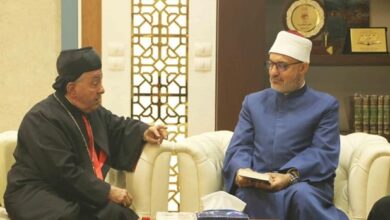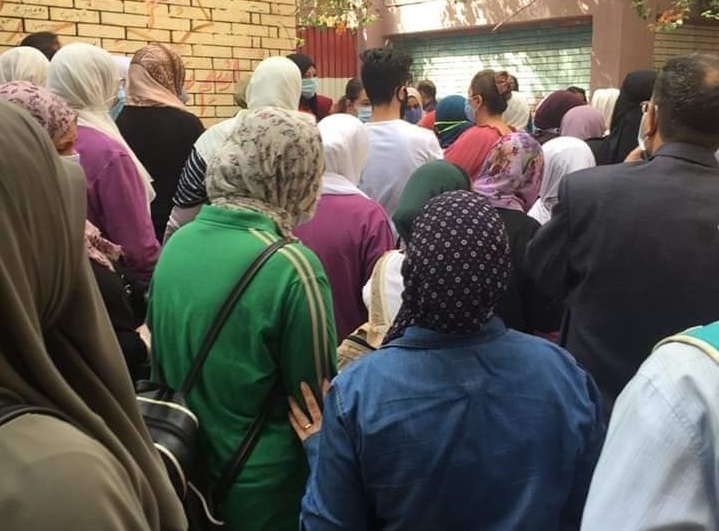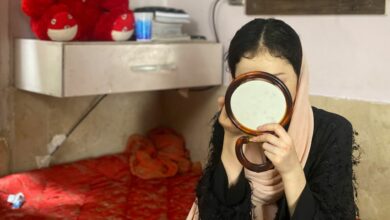The Ministry of Education is planning reforms to the education system which will include a new subject titled “Ethical Education” for pre-college students, said Minister of Education Ahmed Zaki Badr in a press conference yesterday.
Badr said that religious curricula need to be reviewed because some of their content incites extremism and violence. “The standards outlined by the Grand Mufti must be implemented starting from the academic year 2011-2012,” Badr said, adding that he will send the curricula on Christianity to Pope Shenouda III for review. Grand Mufti Ali Gomaa was also present at the conference.
Badr revealed that he had earlier sent all the curricula on Islam to Gomaa, for the Grand Mufti to point out those parts that might be misinterpreted. Gomaa has now presented all the changes that need to be introduced, said Badr.
Gomaa, speaking at the conference, said the curricula need to be reviewed regularly, but this does not mean that there was anything wrong with the previous curricula.
Gomaa also presented Badr with a book titled “Ethics” which he has written to help with developing religious curricula within basic education. Gomaa said his book focuses on the human being as the center of the process of development and the importance of the individual coexisting with everyone in society.
The new curricula should help eliminate the gap between what students study in theory and what they experience in real life, Gomaa added.
In related news, during the launch of the Education For All Initiative which also took place yesterday, Badr spoke about reforming basic education, which he said requires developing curricula, incorporating technology in the educational process, developing methods of education, and raising levels of school enrollment of children between the ages of six and 14 within a specific time frame.
The ministry seeks to achieve a transformation from an education system based on memorization and dictation of information to a modern one that supports critical thinking and improves the student’s problem-solving skills, Badr said. Such a process should build on strengths and overcome weaknesses, he added.
The education minister said his ministry takes a special interest in secondary education, as it forms the road to higher education or the job market. Developing secondary education should focus on helping students gain the scientific and practical skills and capacities needed for the job market and lifelong learning, he said.
Badr also said that the National Authority for the Quality of Education has laid down scientific standards for the content of new curricula.
Badr had an open dialogue with students attending the launch who complained about the difficulty of curricula, large class numbers, and problems with school accreditation.
The minister pledged not to increase the size of curricula, stressing that students in turn should know how to study.
Badr condemned incidents of teacher-student violence that took place recently, which he described as “very strange.” He stressed that he is against violence and will work to eradicate this phenomenon.
Translated from the Arabic Edition.




